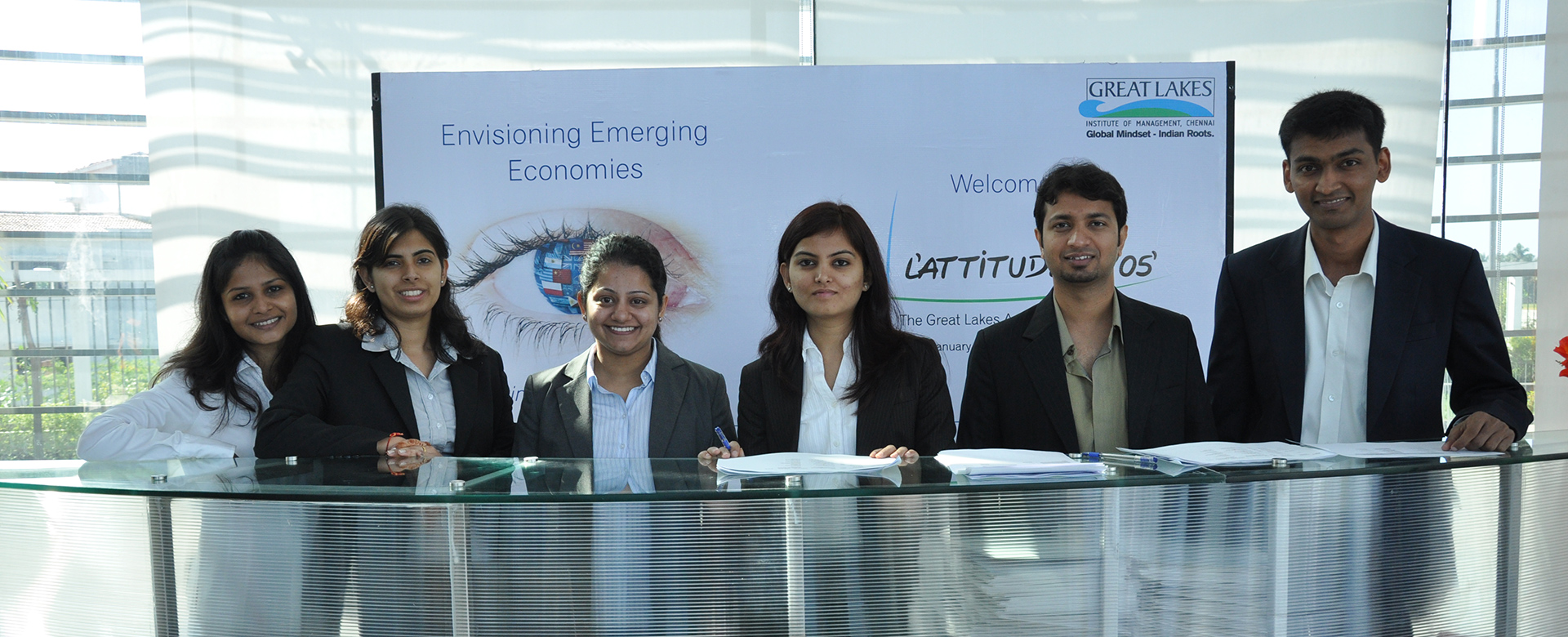

Empirical Study
BUSINESS IS FOR REAL!
Empirical study is an excellent means to demonstrate Great Lakes' firm belief that the best way for students to advance their knowledge is to question conventions and established frameworks.
The empirical study requirement achieves the institute's mission of creating business-ready managers by enabling every student to do a real life study under the guidance of the best people from the industry and academics. Collaborating and working with the faculty is an essential part of the learning experience. The most practical benefit of writing an empirical article is that one learns how to actually persuade and convince others - by culling out relevant information, gathering and analyzing data, and presenting the output to support one's stand.
The empirical study is counted as six credits of student input. The expected outcome of the empirical study is a paper co-authored by the student with the faculty / industry guide.
Some of the past empirical studies have been presented in conferences in India and abroad.
For a detailed list of all empirical studies undertaken by Great Lakes Students, click here
Some of the empirical study papers that were presented in international conference:
"The impact of pay satisfaction and transformational leadership on employee engagement" [by Devyani Sharma]. 5th International Conference of Management and Behavioural Sciences, Haridwar, India, June 2012
"Transformational Leadership and Leader's Belief in the Law of Karma: Moderating Role of Leader's Optimism" by Nidhi Chadha at the Sixth annual international conference of Yale- Great Lakes Center for Management Research, Chennai , India, December 2011.
Some of the highly rated recent Empirical Studies include:
| Team Members | Industry | Study Title |
| Joy Dutta Kaustubh Sharma Kingshuk Chakraborty |
E-Commerce | What drives Customer Loyalty in E-Commerce : A Retail Intelligence Perspective |
| Nidhi Iyer Sulagna Debapriya Dey |
Retail | Effect of Assortment on Impulse Buying |
| Pratim Rakshit Rohit Pal Sushmita Chatterjee |
Telecom and Tourism | Consumer choice pattern analysis of service bundles in telecom and tourism industry and to identify the dominant choice factors |









